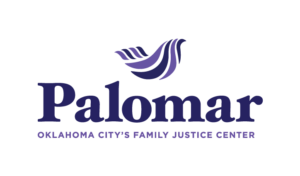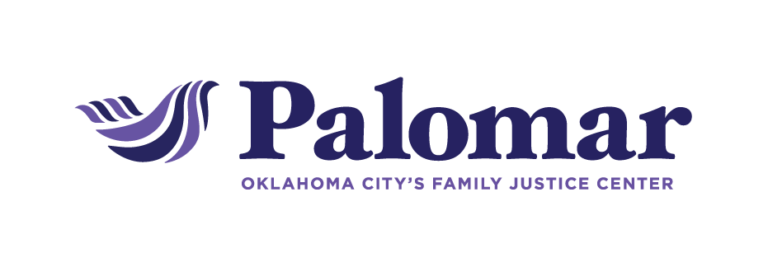In Oklahoma, survivors of domestic and intimate partner violence often seek help from their local Family Justice Centers. To shield themselves from their abusers, survivors rely on a range of support staff at the Centers for assistance filling out legal forms. One critical form is called a Petition for Protective Order (PO). POs provide protection for survivors by telling abusers that they must stop their violent and harassing behavior. POs also allow law enforcement to intervene on a survivor’s behalf before a violent event occurs.
Although filing POs is an important legal step for survivors, the process of completing these forms also forces survivors to painfully repeat their stories and specific details, sometimes a dozen times in their search for legal support and assistance. For advocates at Legal Aid Services of Oklahoma (LASO), the harmful repetition of filling out these forms demonstrated an urgent need for a new and more thoughtful system. After a Tulsa County judge reached out to LASO for help automating the PO process, LASO decided to team up with Pro Bono Net’s LawHelp Interactive online forms program to create a new practice of completing and sharing the information needed to create POs.
Using LawHelp Interactive’s expertise in developing online forms (LawHelp Interactive helped complete almost 42,000 domestic violence documents in 2019 alone), as well as help from Asemio, a community data systems company, LASO developed a tool that takes a trauma-informed approach towards filling out critical protective orders for survivors. This project was supported by funding from a Legal Services Corporation Technology Initiative Grant, a funding program that helps legal aid programs develop, test, and replicate innovative strategies to more effectively meet the legal needs of low-income Americans.
I spoke in depth with Margaret Hamlett Shinn, a lawyer and Community Education & Pro Se Coordinator at LASO, and Tara Saylor, an independent evaluator, about their experience developing and evaluating this tool.


